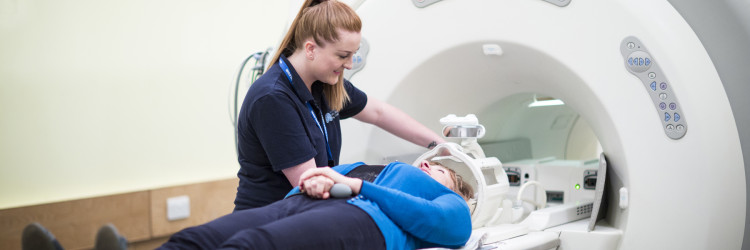Cognitive disorders clinic
Cognitive disorders clinic
A weekly multi-disciplinary cognitive disorders clinic that integrates care with current research.
The cognitive disorders clinic receives referrals from primary care, neurologists, general adult and older adult psychiatry, and general physicians from NHS Lothian, Forth Valley, Borders and Fife.
On the first visit, you will be assessed by a member of the inter-disciplinary clinical team with assessments lasting 1.5 - 2.0 hours. Most appointments will consist of a review of clinical symptoms, cognitive testing and a detailed physical examination. Further tests may be arranged to establish the cause of cognitive symptoms including blood tests, genetic testing, brain imaging and cerebrospinal fluid examination (lumbar puncture).
Subsequent follow-up visits may be planned after the initial consultation.
We very much encourage you to bring your partner and/or close family to the consultation, and recommend you think in advance about any questions you might like to ask, possibly noting these down on a note-pad to bring with you. If you wear reading glasses it is a good idea to have these with you for your appointment and if you are on any regular medication then bringing along a list of these is also helpful.
Research opportunities
As a research-care facility, you will be given the opportunity to take part in any relevant research projects. You can register your interest in research by signing up to Rowling CARE. Participation in research is completely voluntary and will not affect patient care.
Patients who attend the cognitive disorders clinic are invited to participate in the Edinburgh Cognitive Diagnosis Audit Research and Treatment Register (CDC-DART) and associated DNA and cerebrospinal fluid research tissue banks.
The purpose of the register is to gain a better understanding about the clinical features of cognitive disorders and how they progress, enable earlier and more accurate diagnosis and build a framework for evaluating treatments and interventions as they become available.
Personnel
Dr Suvankar Pal, Consultant Neurologist & Senior Lecturer
Dr Guy Holloway, Consultant Old Age Psychiatrist






